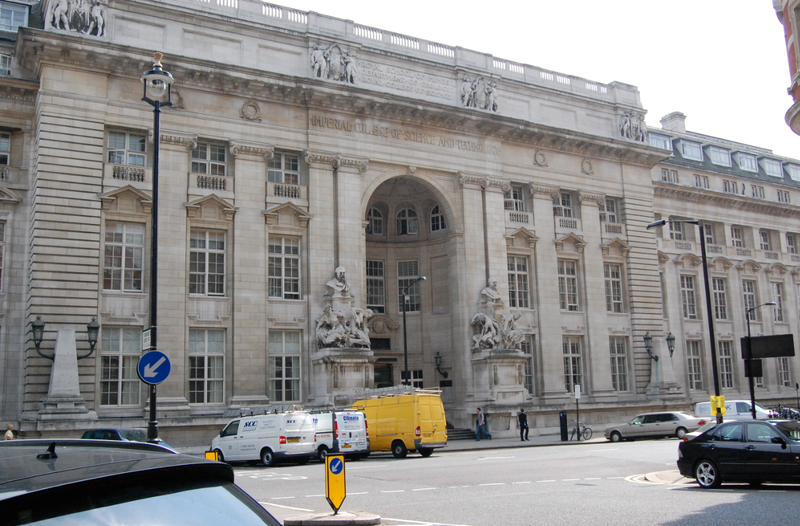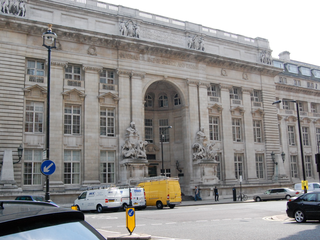
A Legacy of Vision and Progress
The genesis of Imperial College can be traced back to the vision of Prince Albert, consort to Queen Victoria, who dreamed of creating a cultural and educational hub in South Kensington. This vision culminated in the establishment of a cluster of prestigious institutions, including the Royal College of Science, the Royal School of Mines, and the City and Guilds of London Institute, which merged in 1907 to form Imperial College of Science and Technology. Since then, the university has undergone significant transformations, including the integration of leading medical schools and the establishment of the renowned Imperial College Business School in 2003, officially opened by Queen Elizabeth II.
Faculties That Foster Innovation
Imperial’s academic structure is built around four distinguished faculties:
- Engineering
- Medicine
- Natural Sciences
- Business
This unique interdisciplinary approach encourages collaboration between fields, enabling innovations that address global challenges. For instance, business students gain insights into scientific advancements, while science and engineering students are equipped with business acumen to navigate the complex modern landscape.
World-Class Campuses and Facilities
- South Kensington Campus: As the university’s main campus, South Kensington is steeped in history and surrounded by iconic landmarks such as the Natural History Museum, Science Museum, and the Royal Albert Hall. Here, state-of-the-art facilities and a vibrant student life converge to create a stimulating academic environment.
- White City Campus: This innovation-driven campus hosts advanced research facilities, postgraduate accommodations, and entrepreneurial spaces, fostering a culture of creativity and commercialization.
- Silwood Park: Nestled in Berkshire, this sprawling campus focuses on ecological and environmental research, providing a haven for field experiments and groundbreaking studies.
Imperial’s Global Research Impact
Imperial College is synonymous with cutting-edge research. In the 2021 Research Excellence Framework, 66% of its submissions were deemed world-class. From contributions to the development of fiber optics by Narinder Singh Kapany to partnerships with institutions like MIT, Imperial’s global footprint is undeniable. The launch of the Imperial Cancer Research UK Center in collaboration with the Biden Cancer Initiative highlights its dedication to pioneering medical advancements.
Diverse and Dynamic Student Community
Imperial boasts a highly competitive admissions process, attracting students worldwide. In 2022, the undergraduate acceptance rate stood at 30.1%, with postgraduate courses like computing and mathematics reaching an even more rigorous applicant-to-admissions ratio. With 50% of students coming from the UK and a diverse international contingent, the campus is a melting pot of cultures and ideas.
Achievements and Accolades
Imperial’s alumni and faculty include 14 Nobel Prize winners and 3 Fields Medal recipients, underscoring its role in shaping global leaders and innovators. Collaborations with esteemed organizations like the Francis Crick Institute further amplify its influence in critical scientific research.
Imperial’s Commitment to the Future
Education at Imperial extends beyond academic excellence, emphasizing entrepreneurship and social impact. Through its technology transfer arm, Imperial Innovations, the university has spawned numerous spin-out companies, translating research into real-world solutions.
A Gateway to Opportunities
For students seeking to be at the forefront of discovery and innovation, Imperial College London offers an unparalleled platform. Its integration of rigorous academics, world-class research, and vibrant cultural exposure ensures that graduates are well-prepared to make meaningful contributions on a global scale.
Imperial isn’t just a university; it’s a catalyst for change, where curiosity meets opportunity and education transcends boundaries. Whether delving into the realms of science, engineering, business, or medicine, Imperial College London sets the stage for future pioneers ready to transform the world.

